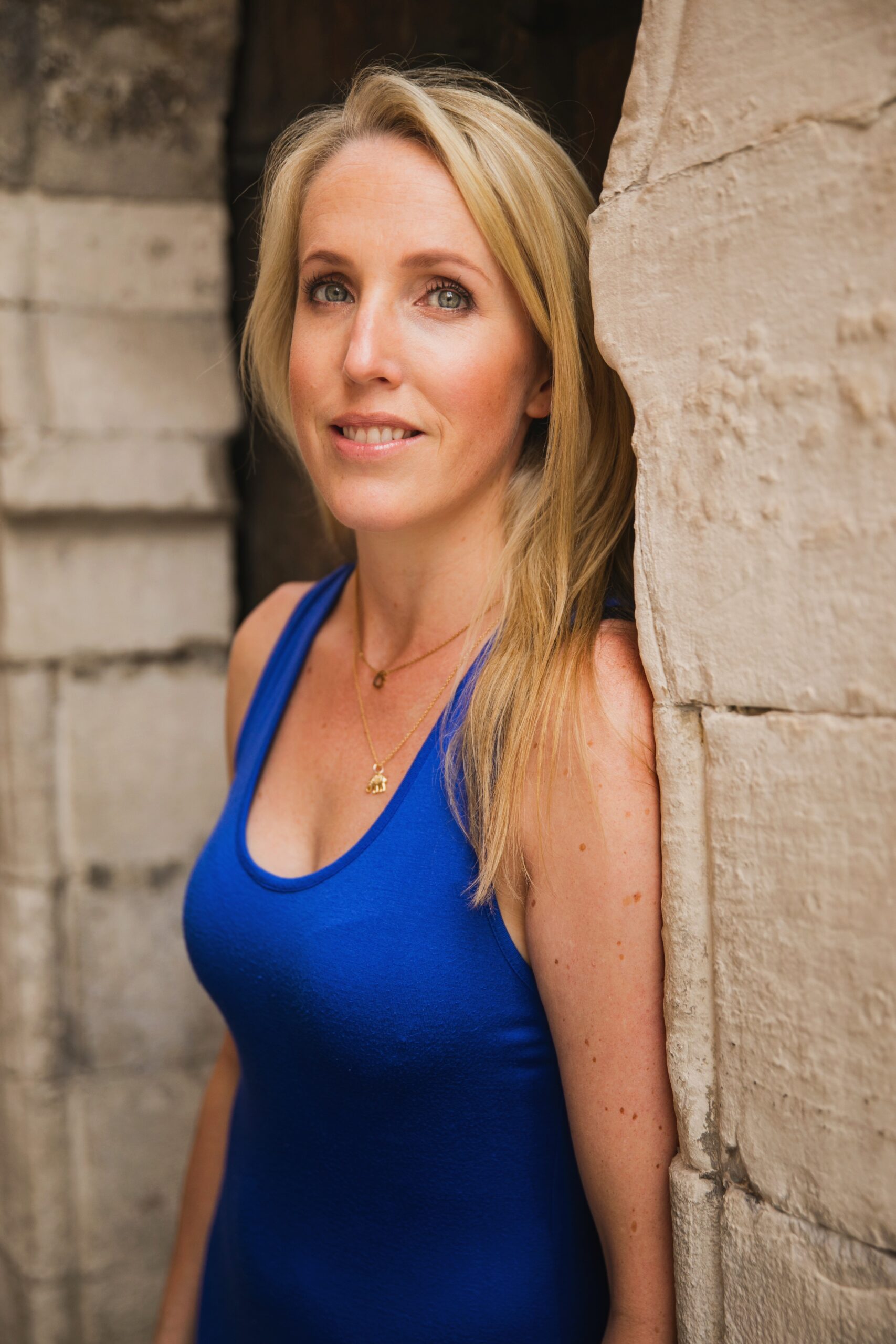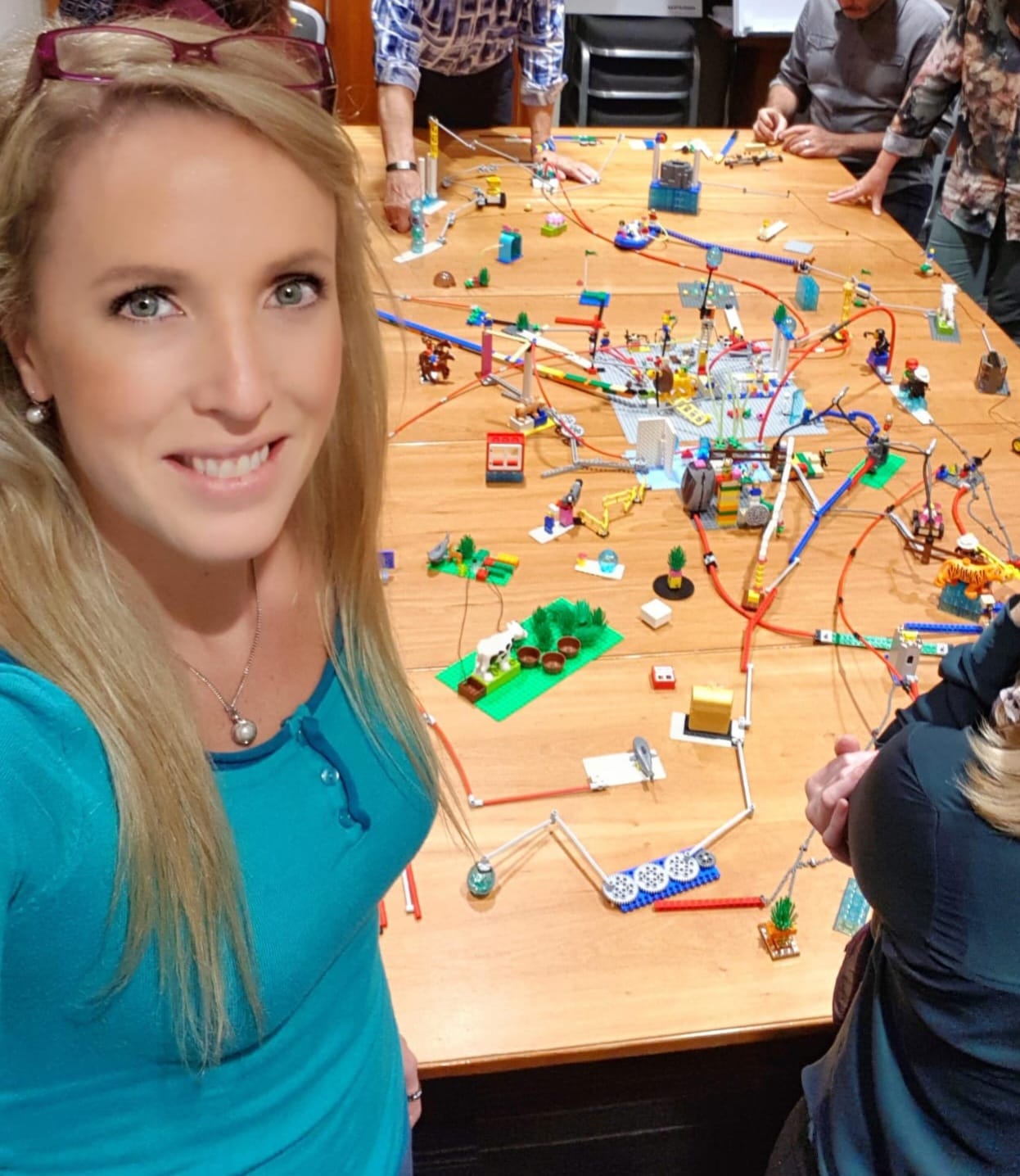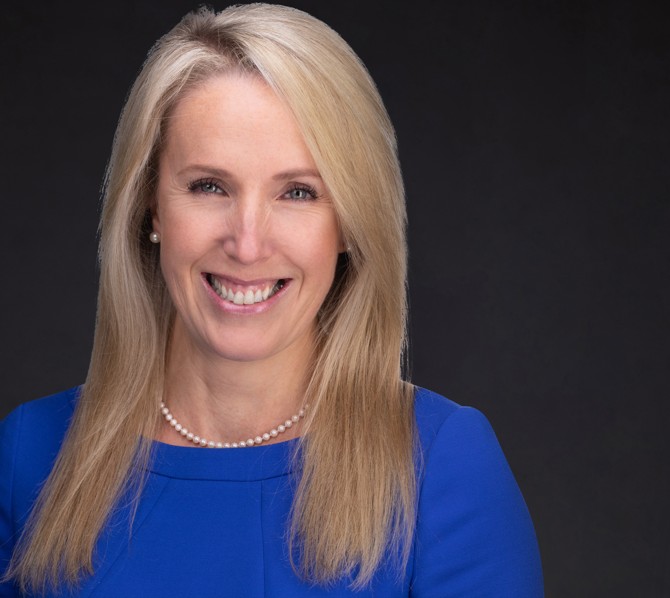
This week on Talk Learn Connect, Journalist Yvonne Reddin asks Neurodiversity Consultant & Coach, Hannah Linehan, to share some TLC
Could you give a summary of your career to date?
My career could be seen as a squiggly, confused line, but all my work and academic experience have come together in the work I’m doing now and how I support my clients. Having not enjoyed school (later I learned that this was due to my neurodiversity), I didn’t want to go to university. My very wise mother saw my potential and how different university could be. She told me to look at the list of courses and “pick something you find interesting and just do one year of it”. She knew once I was in, I would like it.
My dyslexia and ADHD, then unknown to me, meant academic effort was always a greater challenge for me than it seemed to be for my peers. But I had found an area of interest and this was everything: human behaviour. Although it took me more hours to get through reading material and get assignments completed, I graduated from UCD with a degree in Sociology and Psychology and having found my “tribe”. After doing a Masters in Management at The Michael Smurfit Business School, I worked in Scandinavia in an export marketing role covering Denmark, Norway, Sweden and Finland.
On returning to Ireland, I moved into Project Management and then to Innovation Management, where I worked across various industries and sectors. The way my brain is wired made the technical aspects easy, but the part I loved was managing very large, diverse and geographically dispersed teams. Human behaviour remained an area that fascinates me and while thriving in my corporate career, I started my coaching accreditation journey to manage my teams better. Finding I adored coaching and supporting people, I took the leap and set up my own Executive Coaching and Facilitation business.
"My first clients came from those I had previously worked with and through word of mouth, the business has grown. I'm always looking at ways to equip myself and to better serve my clients and consider myself a lifelong learner with endless curiosity"
What can a client expect from an Executive Coach who specialises in Innovation and Neurodiversity? Why is it different from other coaches?
I majored in Psychology and Sociology in my undergraduate degree have continued to have a fascination with human behaviour throughout my career. I have an unusual mix of areas of experience (global innovation and people management) and academic qualifications (several post-grads, including a Masters in Strategic Management from The Michael Smurfit Business School, various Project Management accreditations, Lego Serious Play facilitation certification, Neuroscience Coaching and ICF coaching accreditations).
When I look back, it was obvious I'm neurodiverse! I've combined my rather "squiggly" career path to do what I do now, which is Executive Coaching & Facilitation for Founders, Entrepreneurs, Leaders, Creatives and Innovators, which leads me to do a lot of neurodiversity coaching. I have also worked as an advisor and coach to founders through scale-up and successful exit.
Over time, I've found that my coaching practice has become a magnet for people who think differently - many of whom are neurodivergent, whether formally diagnosed or not. There’s a reason so many founders, creatives and innovators fall into this category. Their brains are wired for original thought, pattern disruption and seeing what others can’t. It’s often this very difference that fuels their brilliance. But it can also come with challenges, particularly in environments, relationships or systems that aren’t designed with their way of thinking in mind.
Because of my own neurodiversity, I bring more than just textbook understanding. I bring lived experience - of working in high-performance roles, of thinking differently in traditional systems and of navigating the ups and downs of innovation and leadership with a brain that doesn’t always follow the script. This gives me a depth of empathy, insight and practical wisdom that my clients tell me makes a real difference. It’s also why our work together goes beyond surface-level strategies; it’s about unlocking the unique way you work best, building systems that support your thinking style and helping you thrive as the kind of leader and person only you can be.
Do you have a niche clientele, or can anyone benefit from your style of coaching?
While I coach Founders, Entrepreneurs, Leaders, Creatives and Innovators (which naturally brings a high proportion of neurodivergent clients), my niche isn’t limited to a job title or industry. It’s more about mindset. I work best with people who think differently. Sometimes that’s due to neurodiversity and sometimes it’s just because they see the world in a more original, curious, or complex way than most.
That said, I also coach plenty of neurotypical professionals at senior levels across a wide range of sectors; people navigating big decisions, high-stakes environments, or simply wanting to lead in a more human, impactful way. The common thread is usually a desire for meaningful change, a willingness to self-reflect and the ambition to get better, not just at what they do, but at how they show up.
Interestingly, I’ve also worked with several partners, husbands and wives of ADHD clients. Understanding the dynamics of neurodiversity in close relationships, not just in leadership or work, can be transformative. Sometimes the most powerful coaching conversations are the ones that help people make sense of each other and of themselves, in new and compassionate ways.
So yes, my style of coaching can benefit a wide range of people, but it resonates most with those who think differently. If you're a Founder, Entrepreneur, Leader, Creative, or Innovator, chances are you’re wired for big ideas, fast thinking, deep feeling, or bold action - sometimes all at once. That kind of mind doesn’t always fit neatly into conventional frameworks, which is exactly why conventional coaching often doesn’t cut it.
"I work with people who want to harness their unique way of thinking, navigate complexity with more ease and lead in a way that feels aligned, energised, and effective"



In your experience, what hidden strengths do neurodivergent individuals and people who think differently often bring to the table that tend to be overlooked?
So many. And that’s part of the problem, because these strengths are often so innate, they go unrecognised, even by the individual themselves.
One of the biggest hidden strengths I see in neurodivergent clients and people who think differently is pattern recognition (the ability to see connections others miss, to join dots across disciplines and to anticipate outcomes in a way that can feel almost intuitive). It’s a powerful asset in innovation, creativity, strategy, problem-solving and leadership. These are skills recruiters are searching for and are vital in driving business success.
There’s also a depth of focus and intensity of passion that, when harnessed well, can drive extraordinary outcomes, especially in high-autonomy or purpose-led environments. Many of my clients have a near-obsessive commitment to doing things differently or better, which is often what drives their success. Lateral thinking, creativity, courage and resilience are also common threads.
"When you’ve spent your life navigating a world not quite designed for the way you think, you develop adaptability, resourcefulness and often a huge capacity for empathy and insight, particularly once you’ve done the inner work to understand and value your own wiring"
The catch is, these strengths often come wrapped in challenges, which is why a supportive and experienced coach that understands both sides of the coin is so important. My job is often to help clients reframe what they’ve been told is “too much,” “too fast,” or “too intense” and see it for what it really is: the engine behind their brilliance.
Are there any words of wisdom you live by that someone said to you throughout your career?
Yes!...a few, actually! I’ve been lucky to be on the receiving end of plenty of wisdom over the years (big shout out to my mum for plenty of it 🙂)
One that’s really stuck is: “Ask for help, it’s a compliment to be asked.” That one flipped something for me. So many high-achievers, especially neurodivergent clients, are used to figuring things out alone. But collaboration isn’t a weakness. It’s how innovation, support and trust actually happen.
Another favourite: “Never make big decisions (or have important conversations) when you’re emotional.” It sounds simple, but it’s powerful, especially for those of us who feel things deeply or think fast. Taking a pause, sleeping on it, or letting the emotional wave pass, can completely shift the outcome. Clarity rarely lives in the heat of the moment.
And finally, a big one: “Always look at things from different angles.” That speaks to the heart of what I do. The best thinking, leadership and progress come from diverse perspectives - neurodiversity, lived experience, ways of seeing and making sense of the world. It’s not just a value I hold, it’s foundational to how I coach, and how I live.